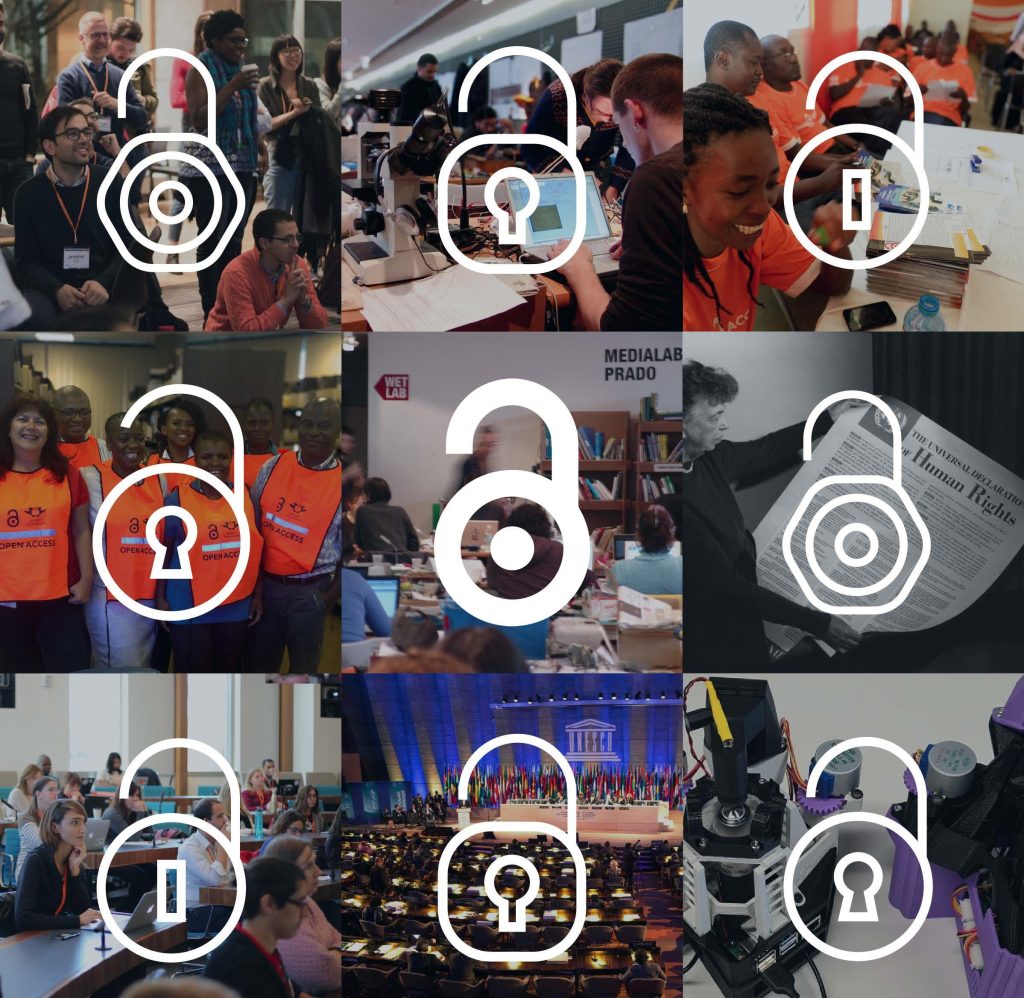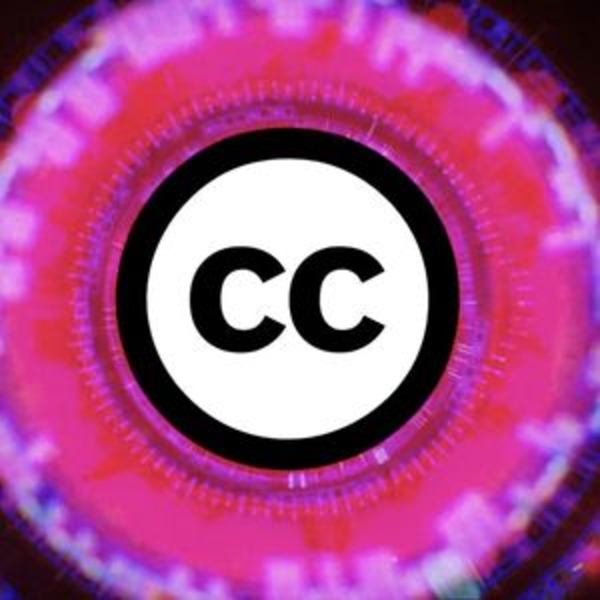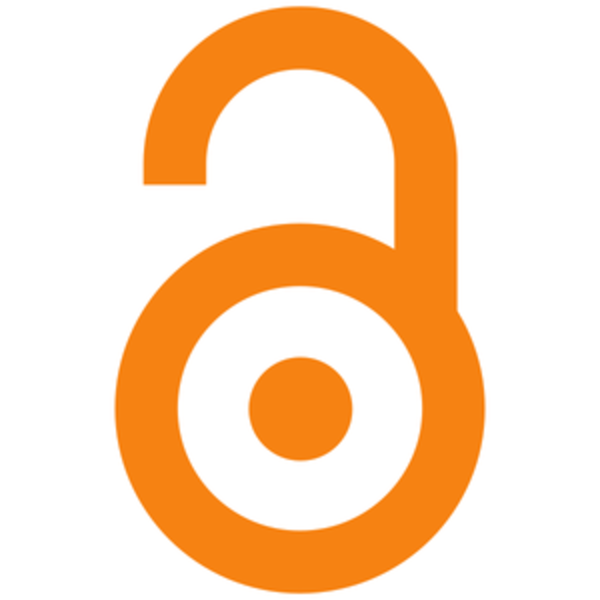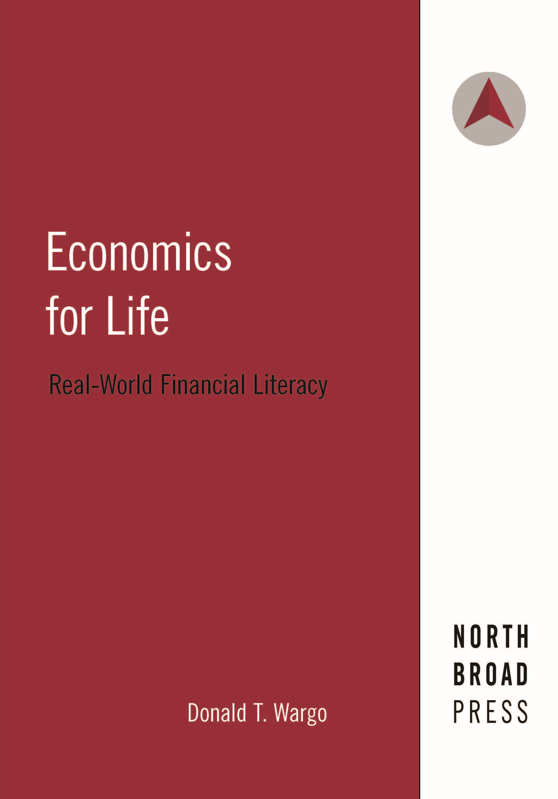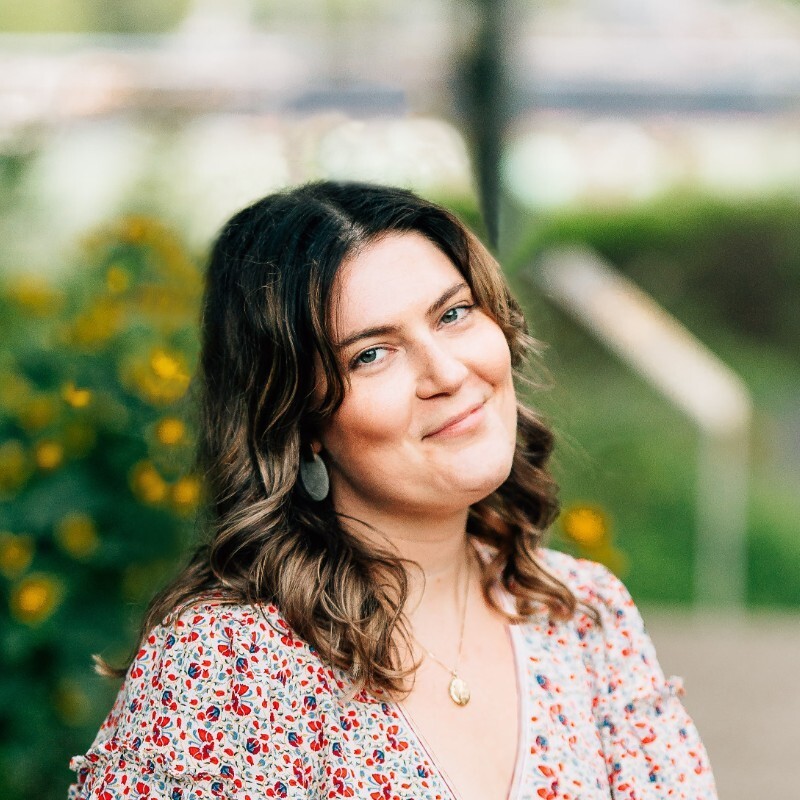Temple University Libraries invites you to celebrate Open Access Week from October 21–27, 2024! Open Access Week is an annual international celebration that aims to increase awareness about the benefits of open access (OA) and help make it a new norm in scholarship and research. Most academic work is locked behind a paywall, available only to those who are affiliated with a college or university. OA scholarship is completely free to read and reuse.
Learn more about the importance of openly available scholarship and other related topics at one of our online workshops. Register today!
Publishing Support
Monday, October 21 | Noon
This workshop covers resources for scholarly publishing in the health sciences. We’ll briefly discuss journal fit and quality, resources for writing and citing, how to collaborate, issues of copyright, and considerations for the submission process. Learn how Temple Libraries can support you in all of these steps.
Introduction to Creative Commons Licenses for Creators and Authors
Wednesday, October 23 | 12:30pm
Creative Commons licenses can provide guidance to those questions, helping creators access and use materials without rights headaches. Join us as we cover the basics of Creative Commons licenses: what they are, how to find CC-licensed materials, and how to license your own work.
How to Be an Open Scholar and Teacher
Thursday, October 24 | Noon
This session will provide you with best practices and Library resources to become more open throughout your research cycle and to make course materials more open for your students. It will also cover how to measure the impact you make and share your achievements with others.
Other Ways to Participate
Looking for other ways to celebrate Open Access Week? Here’s a list of some things that you can do:
- Search the wide range of scholarly work by our campus community in Temple’s institutional repository TUScholarShare, including journal articles, datasets, teaching and learning materials, and theses/dissertations. Consider submitting your own content for deposit or requesting a CV review. Note: We are currently undergoing an upgrade, and all submissions will be frozen until December 2nd.
- Explore our collection of Temple faculty-authored open access textbooks that were published by the joint Libraries/Press imprint North Broad Press. Consider submitting an open access textbook proposal for your course. Eligible proposals will receive a $5,000 stipend, paid over the course of the project.
- Would you like to publish in an open access journal but do not have the funds to cover the article processing charge (APC)? Apply for funding support through the Libraries’ Open Access Publishing Fund. The Fund covers up to 50% of current Temple faculty, postdoctoral fellows, residents, and graduate students’ portion of the APC.
- Explore our Open Journal Systems platform which hosts scholarly, open access online journals that are run by Temple faculty and students, like CommonHealth or the Katz Journal of Medicine.
- Search the Directory of Open Access Journals to find open access journals in your field or search for articles on a particular topic of interest.
- Read about our support for open publishing initiatives, including APC waivers/discounts for Temple-affiliated authors who wish to publish in select journals from BioMed Central, Cambridge University Press, and Springer Nature.
Contact Alicia Pucci, Assistant Director of Scholarly Communications, at alicia.pucci@temple.edu or your subject librarian with any questions about open access.
